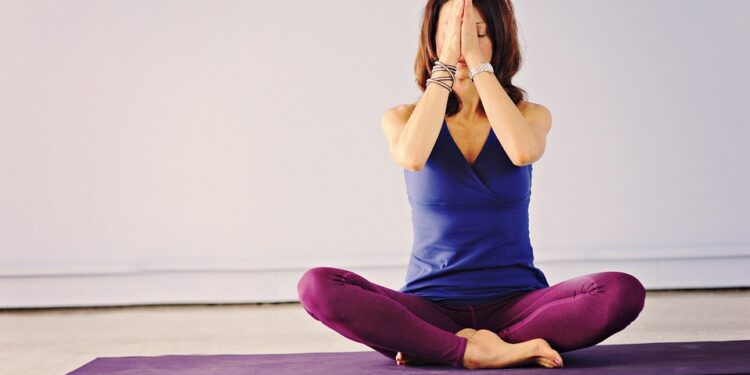Mastering the Moment: The Power of Daily Mindfulness Practice
Are you feeling overwhelmed by the daily stresses of life? Are you constantly worrying about the future or ruminating on the past? If so, you’re not alone. Many people struggle to stay present and mindful in their everyday lives, leading to increased anxiety and decreased overall well-being.
The Benefits of Mindfulness
Mindfulness is the practice of being fully present and aware of your thoughts, feelings, and surroundings without judgment. By cultivating mindfulness in your daily life, you can experience a wide range of benefits, including:
- Reduced stress and anxiety
- Improved focus and concentration
- Enhanced self-awareness and emotional regulation
- Increased resilience and overall well-being
Research has shown that regular mindfulness practice can also lead to physical health benefits, such as lower blood pressure, improved immune function, and better sleep quality.
How to Practice Mindfulness Daily
So how can you incorporate mindfulness into your daily routine? Here are some simple techniques to help you master the moment:
1. Start with a Morning Meditation
Begin your day with a short meditation to set a positive and mindful tone for the rest of the day. Find a quiet space, sit comfortably, and focus on your breath. Notice any thoughts or distractions that arise without judgment, and gently guide your attention back to your breath.
2. Practice Mindful Eating
Instead of rushing through meals or eating on the go, take the time to savor each bite and fully experience the flavors and textures of your food. Pay attention to how your body feels before, during, and after eating, and practice gratitude for the nourishment you’re receiving.
3. Take Mindful Breaks Throughout the Day
Set aside a few moments throughout the day to check in with yourself and practice mindfulness. This could be as simple as taking a few deep breaths, going for a short walk outside, or doing a quick body scan to release tension and stress.
Common Questions About Mindfulness
1. Is mindfulness the same as meditation?
While mindfulness and meditation are closely related practices, they are not exactly the same. Meditation is a formal practice that typically involves sitting or lying down and focusing on a specific object or sensation, such as the breath. Mindfulness, on the other hand, is the practice of being fully present and aware in your everyday life, whether you’re meditating or not.
2. How long does it take to see the benefits of mindfulness?
While some people may experience immediate benefits from practicing mindfulness, such as reduced stress and increased focus, others may take longer to notice significant changes. It’s important to approach mindfulness with patience and consistency, as the benefits tend to accumulate over time with regular practice.
3. Can anyone practice mindfulness?
Yes, mindfulness is a practice that anyone can incorporate into their daily lives, regardless of age, background, or experience. Whether you’re new to mindfulness or have been practicing for years, there are always opportunities to deepen your awareness and presence in each moment.
Conclusion
Mastering the moment through daily mindfulness practice can have a profound impact on your overall well-being and quality of life. By cultivating awareness, presence, and acceptance in each moment, you can reduce stress, improve focus, and enhance your overall sense of happiness and fulfillment. So why not start today? Take a few moments to practice mindfulness and see the power it can have on your life.
Remember, mindfulness is not about achieving perfection or eliminating all thoughts and distractions. It’s about being present and aware in each moment, no matter what arises. With consistent practice and dedication, you can experience the transformative power of mindfulness in your daily life.


































































